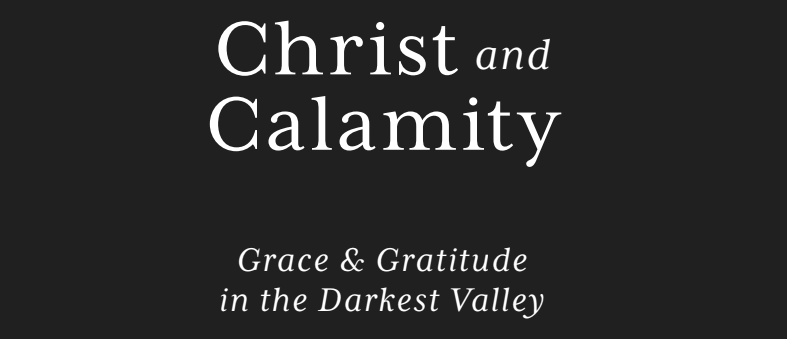Editor’s note: Few folks are in tune with recent publications like my friend Christopher Benson. I invited him to survey some of the recent releases that might be of interest to Mere-O readers this summer. Below are his recommendations.
Login to read more
Sign in or create a free account to access Subscriber-only content.
